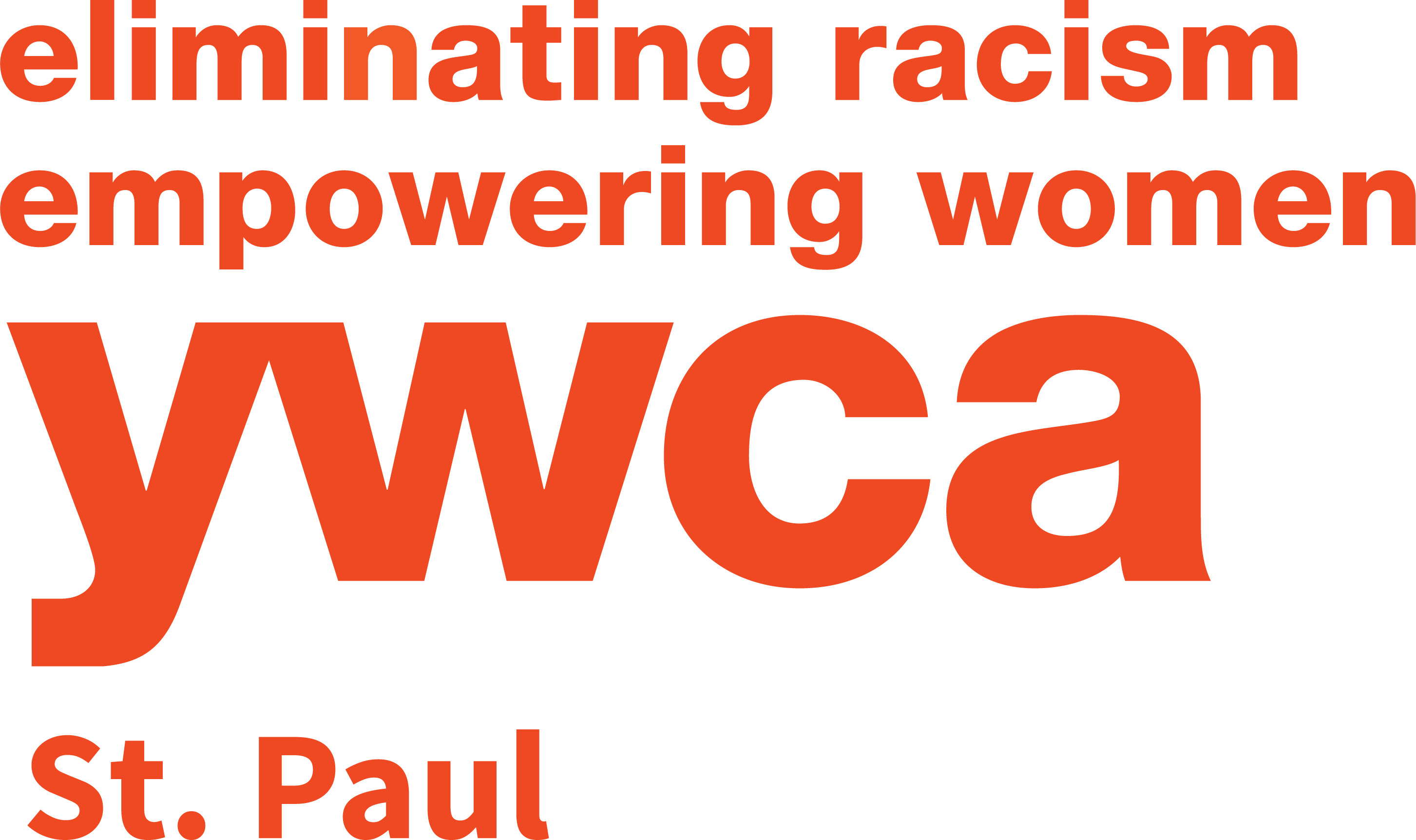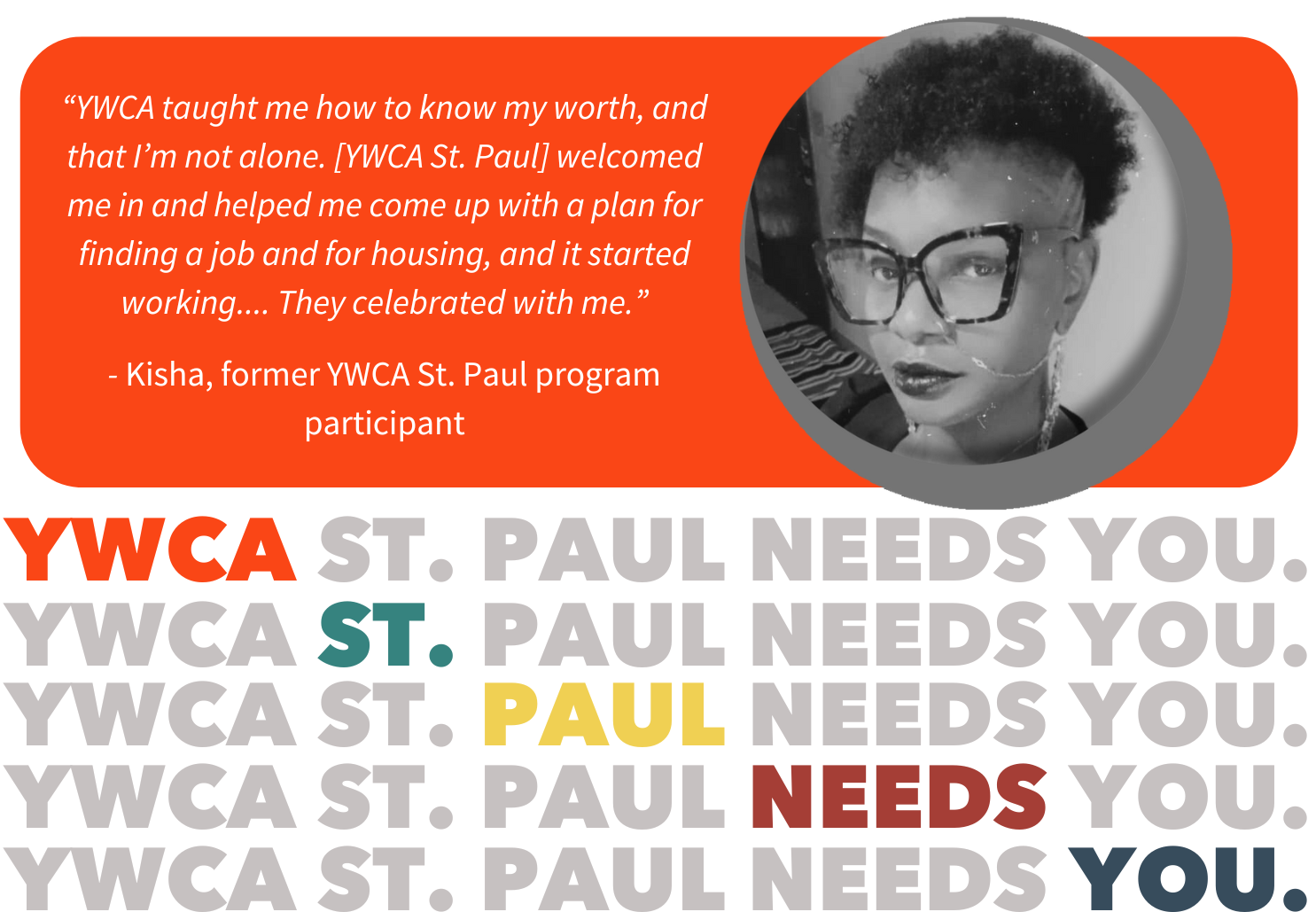March is Women’s History Month, commemorating and encouraging the study, observance and celebration of the vital role of women in American history. It is celebrated during March in the United States, the United Kingdom and Australia, corresponding with International Women’s Day on March 8, and during October in Canada, corresponding with the celebration of Persons Day on October 18.
This International Women’s Day, we celebrate the life and legacy of Dorothy Height, who trailblazed the intersection of gender and race activism within the civil rights movement.
Born in Richmond, Virginia March 24, 1912, Dorothy Irene Height became for many, an example of a life of service. In high school, she began her activism, participating in anti-lynching campaigns of the 1920s. After attending New York University and Columbia University, Height became a social worker and transformed that career into one as an activist for civil and women’s rights.
Early Life
Growing up Dorothy excelled as a student, which enabled her to receive a scholarship to attend college. In 1929, she was admitted to Barnard College but was told she had to delay her entrance a year because the school had met its annual quota of two African American students. Instead, Dorothy went on to graduate from New York University where she received a bachelor’s in education and master’s in psychology.
Racial Justice Leader at YWCA
“We have to improve life, not just for those who have the most skills and those who know how to manipulate the system. But also for and with those who often have so much to give but never get the opportunity.” – Dorothy Height
After her first job as a social worker in Harlem, Dorothy began working at YWCA Harlem in 1937. Over the next 40 years, she rose high in YW’s national organization. During her tenure she influenced YWCA to become actively involved in the Civil Rights Movement by serving as a sponsoring agency of the 1963 March on Washington. She pushed to end YWCA’s practice of separate conferences — one for Black leaders and another for Whites — and traveled the country helping local chapters implement the organization’s interracial charter. In 1965, she was appointed as the National Director of the Center for Racial Justice and tirelessly worked within YWCA to desegregate all levels of the organization.
Dorothy was a 25-year-old assistant director at the YWCA in Harlem when then First Lady Eleanor Roosevelt and National Council of Negro Women founder Mary McLeod Bethune paid a visit. Dorothy was assigned the job of greeting and escorting the first lady, but a conversation with Mary, the daughter of formerly enslaved people, altered the course of Dorothy’s life. She was inspired to begin working with the National Council of Negro Women (NCNW). Mary’s significant influence on Dorothy was evident throughout her life, and the two maintained a life-long friendship.
Civil Rights Movement
Through the NCNW, Dorothy focused on ending the lynching of African Americans and restructuring the criminal justice system. In 1957, she became the fourth president of the NCNW. As president, she led the group to expand its mission. Her initiatives included training thousands of women — housewives, teachers, office workers, students — to work as community advocates. Back in their own communities, they pushed for better housing, schools and stores.
Though not nearly as well-known as her male contemporaries, Dorothy was a steadfast presence in the Civil Rights Movement. Often the only woman at strategy meetings with the Rev. Martin Luther King Jr. and other leaders, she was a determined voice pressing the importance of issues affecting women and children, such as childcare and education.
In 1963, Dorothy, along with other civil rights activists, organized the March on Washington for Jobs and Freedom. Although she played a role in the march, she was not invited to speak. Originally no women were included on the program at all. Dorothy and Anna Arnold Hedgeman persuaded the other organizers to allow a woman to speak. Despite the apparent gender discrimination in the Civil Rights Movement, Dorothy continued working on the front lines.
For all her efforts during the Civil Rights Movement, Dorothy was awarded and recognized by many organizations. In 1989, she received the Citizens Medal Award from President Ronald Reagan, received the Presidential Medal of Freedom from President Bill Clinton in 1994, and in 2004, Height was honored with the Congressional Gold Medal. The same year, Dorothy was inducted into the Democracy Hall of Fame International. She also received an estimated 36 honorary degrees.
On April 20th, 2010, Dorothy Height passed away at the age of 98. Her funeral was held at Washington National Cathedral and she was eulogized by President Barack Obama.
“I want to be remembered as someone who used herself and anything she could touch to work for justice and freedom. I want to be remembered as one who tried.” – Dorothy Height
To learn more, below are some additional resources:
http://www.visionaryproject.org/heightdorothy/ (video)
Autobiography, Open Wide The Freedom Gates: A Memoir (available for purchase)





